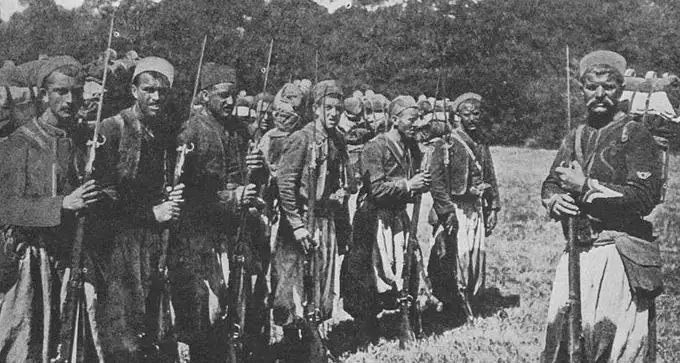As part of Tuniso-German cultural cooperation, the Center for Arab and Mediterranean music (CMAM)-Ennejma Ezzahra-welcomed, from January 6 to 10, 2025, a scientific and technical delegation of the German sound archives of the Humboldt University of Berlin.
On this occasion, 445 historic audio recordings, digitized, were given to the Tunisian National Phonothèque (PNT) of the CMAM. These archives contain the votes of prisoners from North Africa (Tunisia, Algeria, Morocco) and various African countries, recorded during the First World War (1914-1918). Digital copies of written documents and other annexes have also been transmitted.
A memorandum of understanding was signed on January 9, 2025 between the director general of the CMAM and the director of the Hermann Von Helmholtz Center for Cultural Techniques (HZK) of the Humboldt University, head of the sound archives (Lautarchiv). This document grants the CMAM exclusive rights for the use of these archives for research, teaching and cultural activities, without copyright restrictions.
This discount of archives is the result of prolonged collaboration between the CMAM and several German institutions with archives linked to the Tunisian musical and cultural heritage. The agreement also provides for the future exploitation of these resources for various projects, such as the organization of exhibitions, the publication of works and the launch of research initiatives.
The donation collection consists of two main funds: the first brings together recordings made between 1915 and 1918 in the Muslim prison camp in Zossen-Wünsdorf (nicknamed “Camp du Croisant”); The second contained recordings made in the 1920s and early 1930s.
In addition, a scientific meeting entitled “German sound archives to Ennejma Ezzahra: for historical recognition of North African prisoners of the First World War” was held in the Tunis medina.
Organized as part of the “Tunisia, Mediterranean and beyond” seminar, this meeting aimed to promote exchanges between researchers from various geographic and disciplinary horizons. Tunisian and German representatives shared their reflections on the importance and perspectives of this unique project there.








